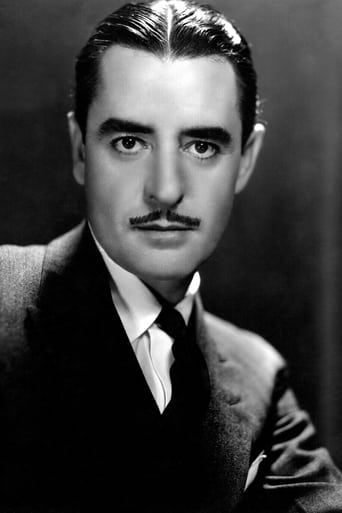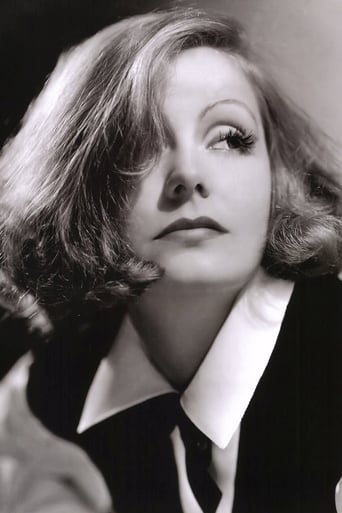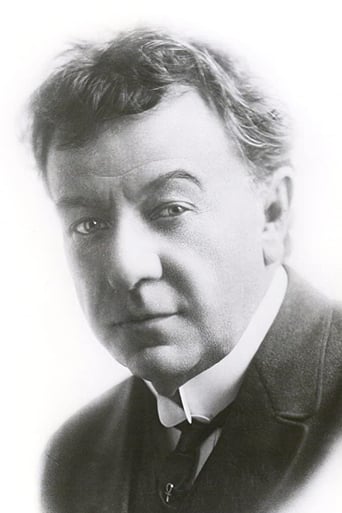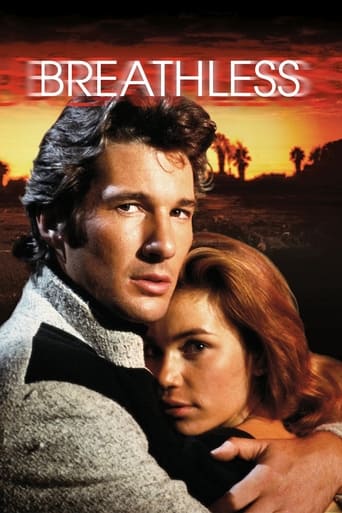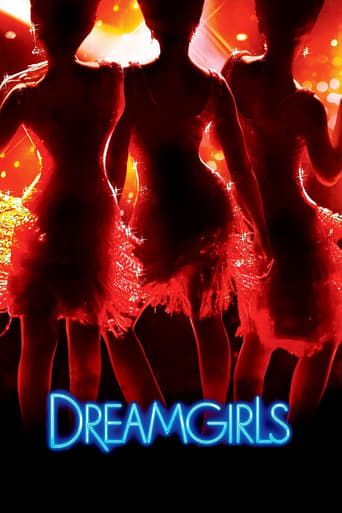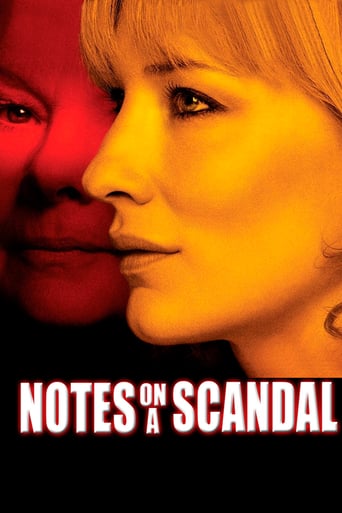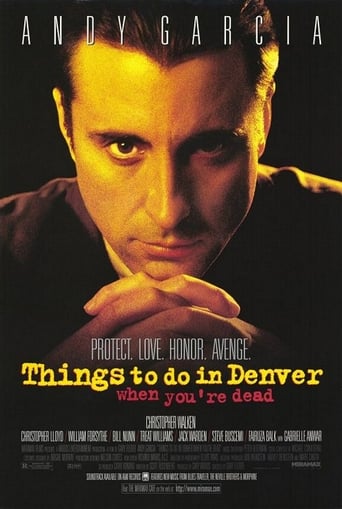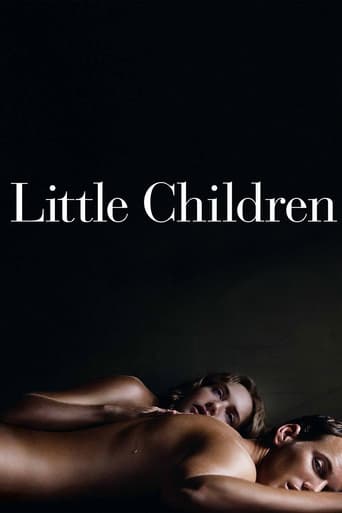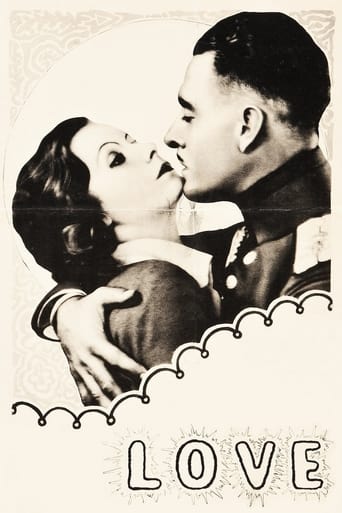
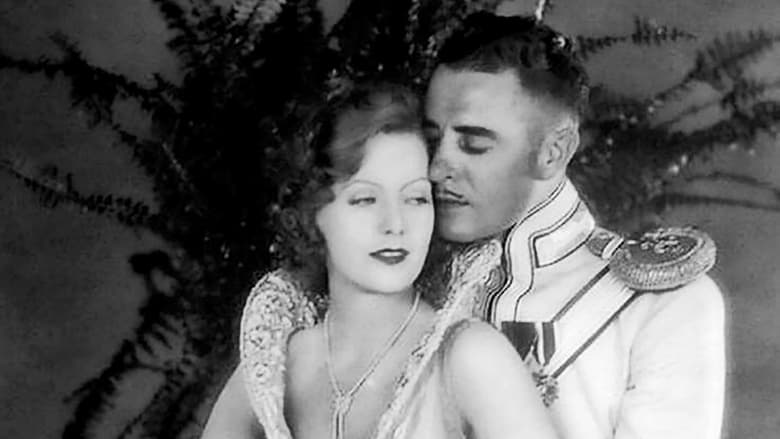
Love (1927)
In Imperial Russia, Anna Karenina falls in love with the dashing military officer Count Vronsky and abandons her husband and child to become his mistress.
Watch Trailer
Cast


Similar titles
Reviews
Back in the day this silent version of Anna Karenina was all the rage because in that year that talkies made their debut, the film was part of the famous Greta Garbo/John Gilbert group that was passionately daring for its time. That scene where Gilbert after helping a lady in distress in the snowy Russian winter, when they get to shelter and she takes off the hoodie on her parka and Gilbert does a triple take at Garbo's beauty is still one of the best love at first sight scenes in the history of cinema.The passionate sparks from Garbo and Gilbert still thrill many. But ninety years after Tolstoy's novel got the full MGM tratment we can get real critical over the happy ending the film got. There was a more realistic ending apparently filmed for foreign markets. But I can only critique what I see.Still for me the best version of Anna Karenina was the one Vivien Leigh did in 1948 which was closest to Tolstoy's work. The sound remake that Garbo did with Fredric March as Count Vronsky is better than this one. The ending there is tragic, but there is a postscript softening of Vronsky's character. Fans of Greta Garbo and John Gilbert should still like this. But Tolstoy purists will be disappointed.
When lots of classic buffs discuss Garbo's portrayal of Anna Karenina, they most often refer to the sound version directed by Clarence Brown in 1935. And they are right since the sound version with Greta Garbo and Fredric March is the supreme adaptation of Tolstoy's novel during the silver screen's heyday. That is the movie, which despite its 75th birthday is still highly captivating, and thanks to Greta Garbo, the story of Tolstoy's heroine touches the depths of viewers' hearts. However, whilst developing the knowledge of Garbo's unique presence on screen and her outstanding yet short career, I was deeply touched by seeing the silent production LOVE directed by Edmund Goulding, the man who later directed one of Garbo's most popular movies, GRAND HOTEL. Although the movie LOVE has been quite ignored by many viewers, even by Greta Garbo fans, it is very much worth attention as a pleasant silent film.The reason why I liked the movie does not lie in its source novel. As a matter of fact, there are a number of serious liberties taken when applied to content, plots and historical depiction. When you are looking for the Anna Karenina story, you had better see other versions for sure. The major reason why I like it lies in the presence of Garbo and Gilbert, two main characters into whose empty lives has swept a force that illumines them and changes everything. After their ultra popular FLESH AND THE DEVIL where the chemistry between the two was an absolute revelation and Garbo's magnetism on screen was the combination of thrill and joy, carnal desire and overwhelming beauty, here, Garbo plays again opposite Gilbert and she is truly in love with him as Anna is in love with Vronsky. And the handsome Captain Vronsky though careless, reckless once changes himself from within. Gilbert is no worse in the role of Vronsky than he is in his roles as Leo Von Harden, Nevs or Antonio. Their scenes can boast unforgettable chemistry and appear to be timelessly genuine. You watch a silent film where two people are really in love with each other...that says for itself. It must have been a smashing success. Garbo and Gilbert are really in LOVE! That aspect is strongly combined with their scenes and moments that are hard to forget. For who can skip the luminous dance on Easter Night? Who can remain indifferent to their spiritual contact at the scenes galore, for instance the one of the military race? Who is ready to ignore the tension and wit at their first meeting? This combination of magical charm, chemistry, and wit leaves a lasting impression in the viewer and you simply consider LOVE one of those silent films that are pleasantly watched over and over again. This power of the main couple makes you forget the source novel and forgive some inaccuracies and liberties. You simply watch a film.The supporting cast contribute to three people: Brandon Hurst as Karenin, George Fawcett as Grand Duke and Phillippe De Lacy as Serezha. Mr Hurst represents memorably the person who cannot stand any sensation and is a man of old morals, as he says: 'any gossip about my wife reflects upon me.' Mr Fawcett is the actor who portrays his role as memorably as he did portray Pastor Voss in FLESH AND THE DEVIL. Yet, in LOVE he is a different person, no longer raging about the sins of his sheep but an understanding general, who has a sense of humor, who understands delays and gets the gist of sacrifice rightly. Phillippe De Lacy is memorable as Anna's child and steals some of the best scenes with Garbo. It is important to state that those supporting cast also make LOVE a memorable silent.Therefore, LOVE is another Garbo film I consider a must in my gallery, a pearl of old days when cinema conveyed humane message, when performances were unforgettable, when there were great stars that illumined screen, Garbo and Gilbert in LOVE in a bright story of Love that may face its darkness but is finally illuminated by the dawn of a new day...
Love is a better than you expect silent film romance.There are a few remarkable qualities a film lover will encounter in Love. Foremost is how little the emotional impact of Love has faded over the years (relative to other silent films). Often silent films are enjoyable because they have aged and we can delight in their quaint or old-fashioned sensibility, laughing while comparing how much movies and pop culture have changed. Love, however, has largely maintained its original affect, which is particularly amazing given it is a sentimental tear-jerker romance, a genre that ages, perhaps, lest well. These eighty years later we still can related to the feelings of both Captain Count Alexei Vronsky (John Gilbert) and Anna Karenina (Greta Garbo) while we root for their love. Of course there are plenty of moments, originally dramatic, that are now laughable, but over all the film has age well. (Most odd is the depiction of Anna and her son's love. Today it plays with disturbingly incestuous overtones. I do not know how it played in 1927.)The second striking feature, also related to how well this film has aged, is how beautiful Greta Garbo appears. Like many elements in silent films, standards are beauty may not translate across generations. Actors and actresses considered amazingly beautiful in the teens and twenties may no longer satisfy the modern movie star equivalent. Garbo, however, is still strikingly, obviously beautiful. The final striking feature is a bit of trivia there are two endings to Love, an American ending and a European. The difference in endings is striking in that the same divergent choices would probably be made today. The European ending is bleak, tragic and emotionally effective, as Anna steps in front of the rushing train rather than live without her lover and son. Further, it is the ending in the original text, Leo Tolstoy's Anna Karenina. The American ending is predictable, saccharine and laughable. Americans in 1927, like American today, want their romances to end with all the loose ends tided up, all the obstacles overcome, and all our couples marring to live happily ever after.Story Synopsis: Love is based on Leo Tolstoy's Anna Karenina. Anna Karenina meets Captain Count Alexei Vronsky in a terrible blizzard late one afternoon and he helps her to shelter. He is instantly smitten, but she rejects him. Vronsky helps Anna back to the Czarist court and her husband, Senator Alexei Karenina. Vronsky too is part of the court, the top assistant to the Grand Duke. Vronsky and Anna continue to meet at various events: official functions, dances, wolf hunts. Eventually they fall hopelessly in love. The court is abuzz as it is obvious to all who see Vronsky and Anna that they are attracted to each other. Karenina cold and authoritarian, warns Anna of court gossip and commands she at least be inconspicuous and avoid public scandal. Anna and Vronsky try a number of times to stop seeing each but their love is overpowering. Eventually they abscond to Italy, rejecting their former lives to live as lovers. Anna, however, cannot bare being away from her son. When she returns Karenina refuses to allow Anna to visit her son again. Further, Anna finds out that Vronsky is going to be dismissed from his military post because of their affair. Realizing how awful that would be for Vronsky she makes a deal with his commander: if she leaves St. Petersburg forever Vronsky will retain his post. She decides to leave on the next train, sacrificing her happiness for Vronsky's. But Anna cannot bear the thought of leaving both her lover and her adored son. Instead of riding her train into exile she steps in front of it to her death. The ending is sudden, shocking, and effective. A surprisingly poignant ending to a film of pleasant surprises. American Ending: Years later Vronsky happens upon Anna and her son. Vronsky has maintained his high military post, Anna's husband is dead, mother and son are together, Anna and Vronsky still love each and will surely soon marry now that they have re-found each other. And we have "happily ever after'.
LOVE (Metro-Goldwyn-Mayer, 1927), directed by Edmund Goulding, reunites John Gilbert and Greta Garbo, who were initially teamed in the steamy romance triangle, FLESH AND THE DEVIL (MGM, 1927). From the novel "Anna Karenina" by Leo Tolstoy, MGM updates the photo-play from 19th Century Russia to more contemporary setting. In spite of these and other changes, the plot remains loyal to Tolstoy giant sized novel, abridged to an 80 minute movie.The story opens during a violent snow storm where Anna Karenina (Greta Garbo) is trying to get to St. Petersburg, Russia. Count Alexi Vronsky (John Gilbert), a young military man just passing through, sees this beautiful woman in distress and offers to help her. Unable to get to St. Petersburg on time, Anna is offered shelter at an inn. Alexi and Anna are then mistaken for a married couple with their bags being placed in the same room. The two find themselves in love with Alexi unaware that Anna is married to a senator (Brandon Hurst) and mother to a young boy (Philippe De Lacy) she adores. When Senator Karenin learns of Anna's illicit affair, he at first decides not to do anything in hope that they would eventually destroy each other. But Anna finds she must face the decision of whether to leave home and never see her son again, or remain in her present loveless environment with the only redeeming person being her son.In the supporting cast are George Fawcett as Grand Duke Michael; Emily Fitzroy as The Grand Duchess; and Mathilde Comont as Mazha, the innkeeper. Almost forgotten, LOVE was remade and improved during the sound era of 1935, restoring it back to ANNA KARENINA with Garbo reprising her tragic heroin role, possibly just as famous as her other heroine of CAMILLE (MGM, 1936). The remake, set in 19th century Russia, is supported by Fredric March, Basil Rathbone and Freddie Bartholomew in the Gilbert, Hurst and DeLacy roles. In both versions, Garbo's most effective scene occurs when Anna, forbidden ever to see her boy again, sneaks into the house to visit with him on his birthday during the absence of her husband. After their reunion, joy spreads over both their faces as mother and son embrace. Garbo shows her ability with these scenes as an emotional and personable actress. However, the modern 1920s costumes she wears in LOVE appear to be the most outrageous (ugly hats and dresses) ever worn by an attractive woman. The character of ANNA KARENINA returned to the screen again as a 1948 British adaptation starring Vivien Leigh and Sir Ralph Richardson. There was even a 1985 television movie with Jacqueline Bisset and Christopher Reeve, the best appreciated being the 1935 Garbo remake. Long before the Turner company resurrected this hard to find cinema classic, LOVE made its television debut on New York City's public television station, WNET, Channel 13's presentation of MOVIE'S GREAT MOVIES, September 10, 1973, hosted by Richard Schickel, with the feature film accompanied by an original orchestral score composed for this and 12 other silent films in the series. When currently shown on Turner Classic Movies, especially on its Silent Sunday Nights, the score for LOVE has been changed to a new orchestration, but handicapped by off-screen laughter and unnecessary hand clapping in the wrong places, making one wonder why? On the plus side, TCM presents LOVE with two endings: happy and tragic, making this worth seeing with its alternate conclusions. (***)


